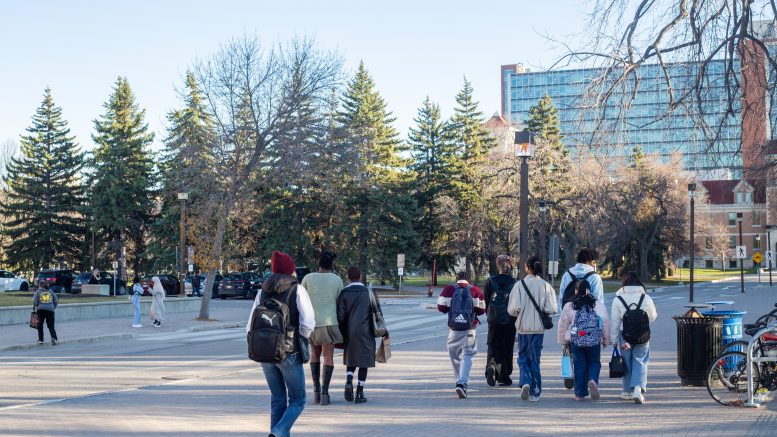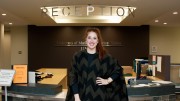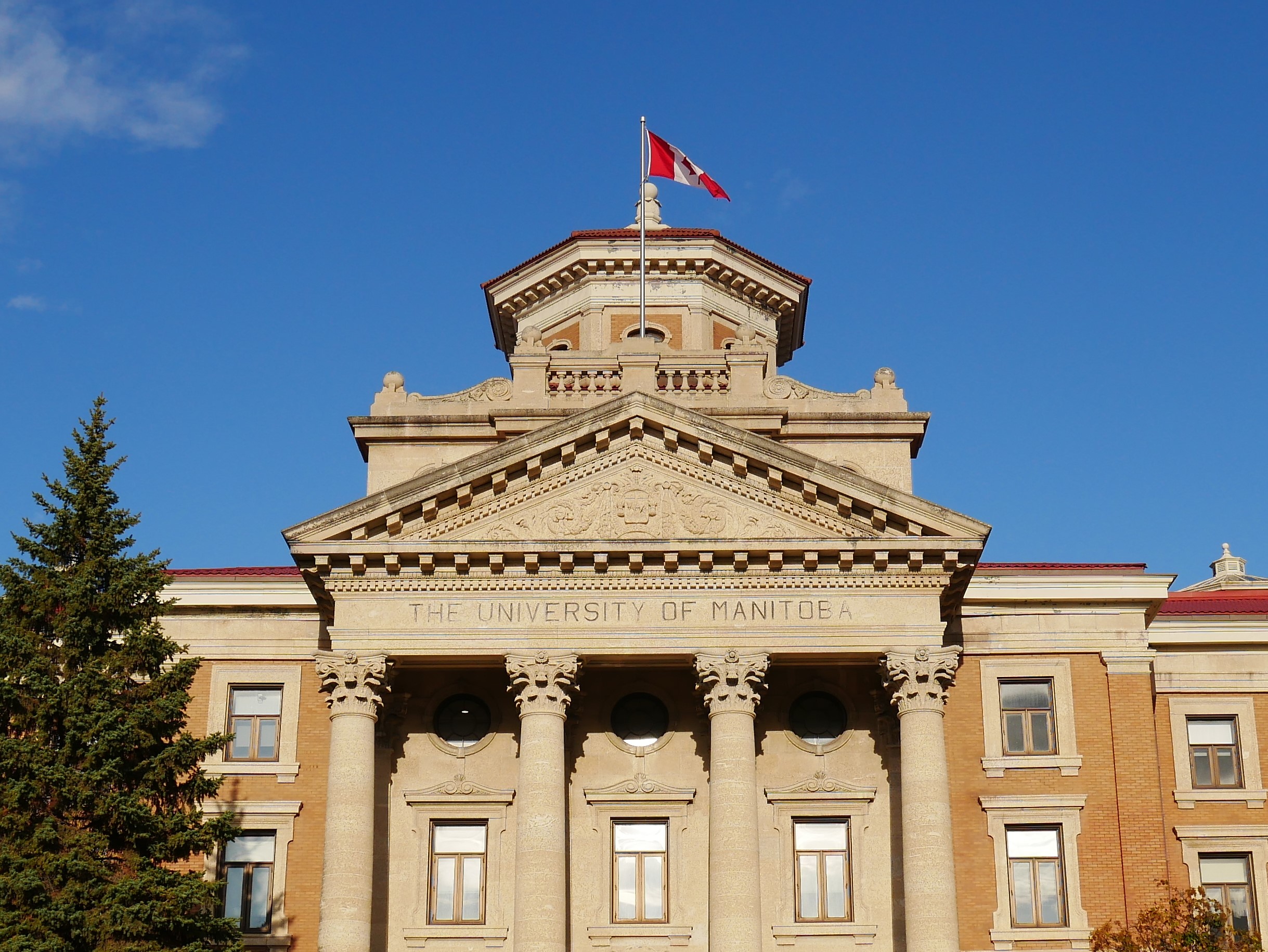Reported academic misconduct incidents have reached a six-year low at the U of M, according to the latest university discipline committee annual report.
The report, which covers the period from Sept. 1, 2023, to Aug. 31, 2024, reveals that there were 683 recorded incidents of academic misconduct — the lowest since 2017-18, which recorded 626 incidents.
The latest report indicates that 38 per cent of incidents were related to plagiarism, followed by inappropriate collaboration at 21 per cent and cheating at 16 per cent of incidents.
Only three cases of duplicate submission and six cases of personation were recorded.
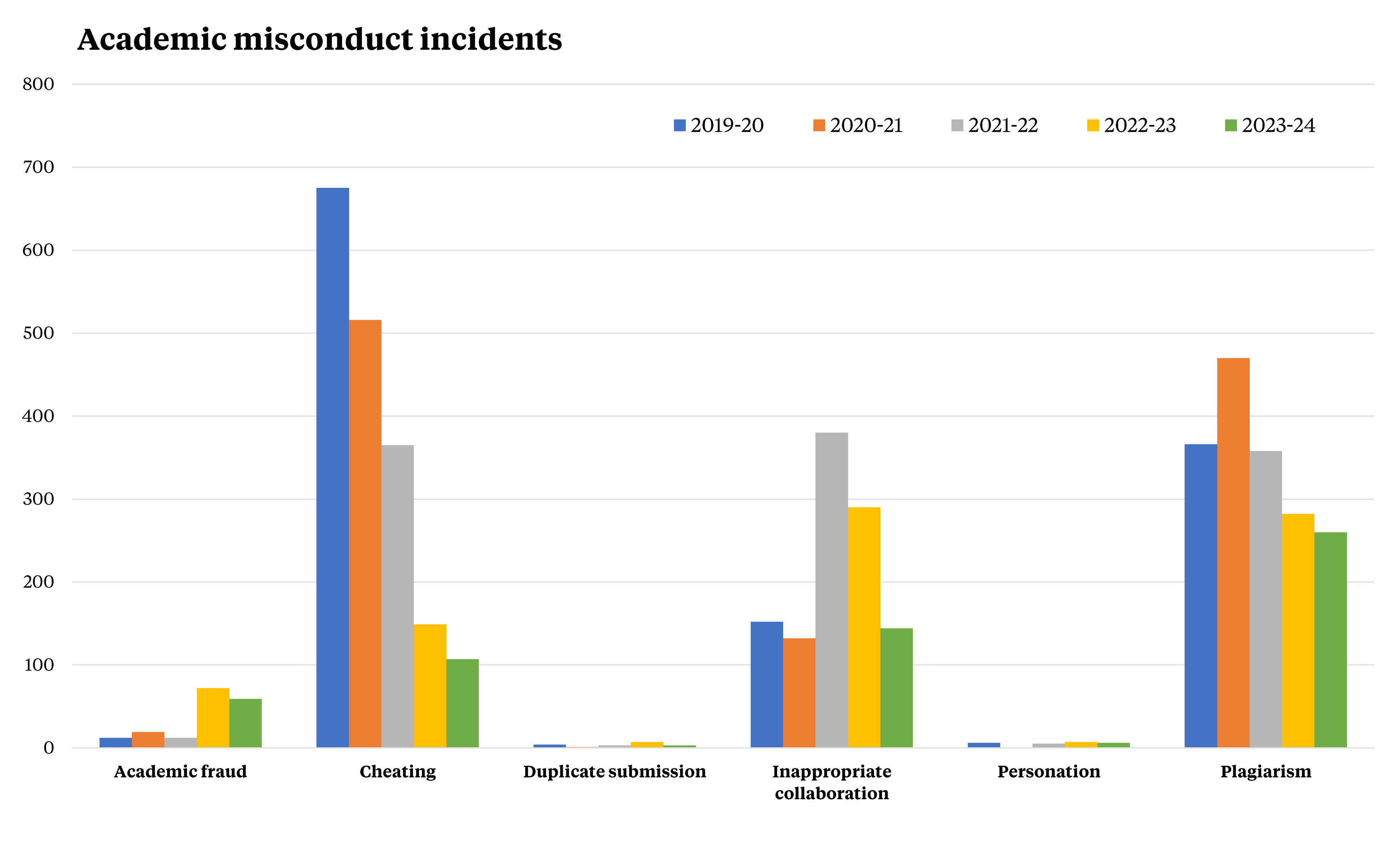
Data from the university discipline committee annual report 2023-24. Graph by Milan Lukes.
According to information from disciplinary authorities provided in the report, an unnamed department “that was previously and consistently very active in catching cases of academic misconduct” reported a decrease in overall cases of academic misconduct, believed to be “related to students using generative artificial intelligence.”
The university administration was unable to disclose the name of that department, citing privacy legislation, according to a statement.
Generative AI is “significantly more difficult to catch,” states the report signed by university discipline committee chair Robert Biscontri.
Another disciplinary authority attributed a decrease in academic misconduct incidents to “a set of practices implemented in a first-year course, where the instructors have worked collaboratively in consultation with department leadership, to develop clear, concise and comprehensive instructions for their assignments and examinations.”
The report also states that a disciplinary authority noted “an explosive increase in the use of ChatGPT,” resulting in an increase in incidents categorized as “other.”
“The disciplinary respondent observed that there is not [a] uniform policy on the use of artificial intelligence in their faculty, with some instructors allowing the use of tools such as Grammerly [sic], allow artificial intelligence use for outlines or prompt generation, or for more extensive use as long as it is properly cited,” read the report.
“Instructors are advised to stress to their students that expectations differ by class, and that students must not assume a carry over artificial intelligence use policies [from] one course to another.”
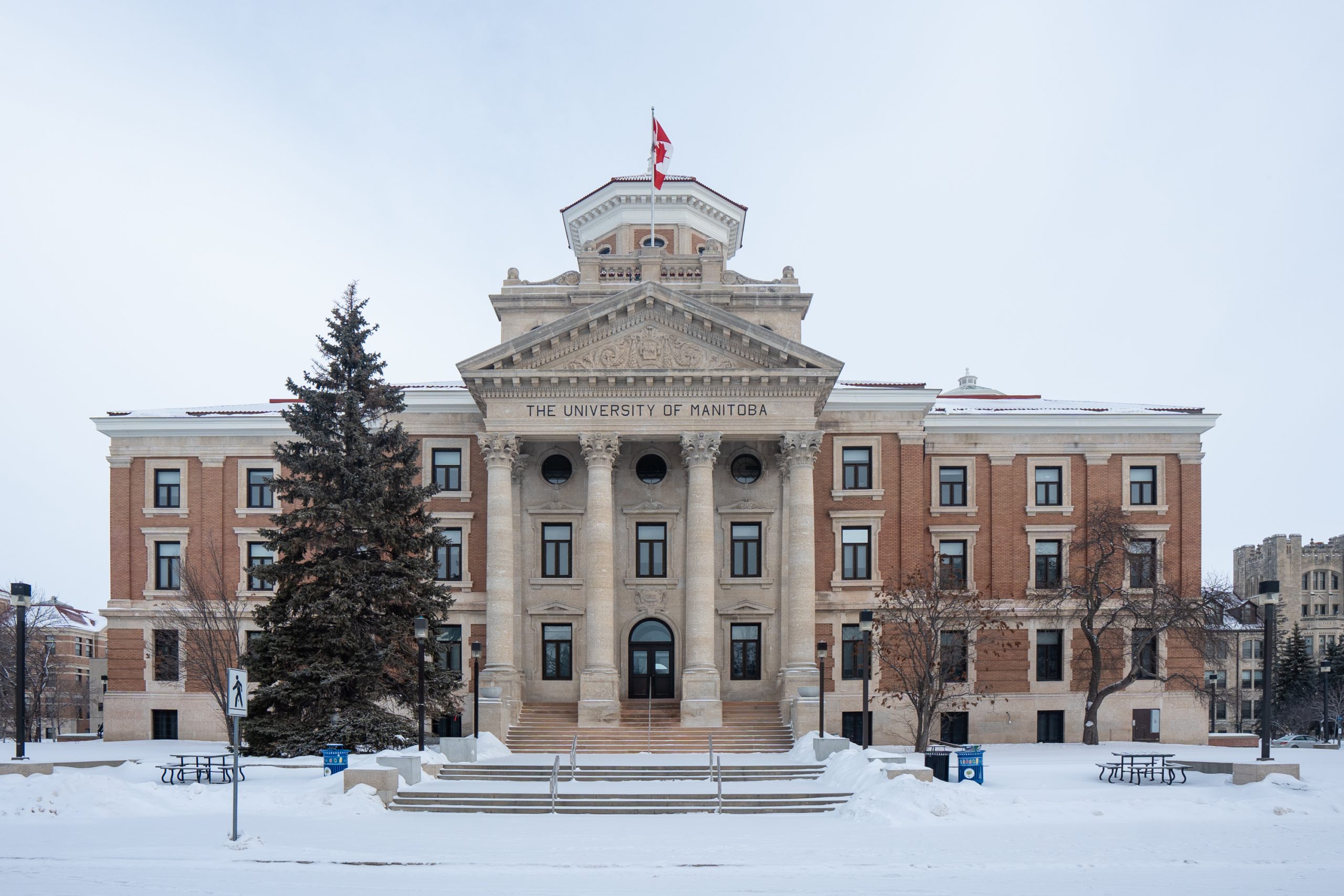
The most academic misconduct incidents since the 2006-07 academic year occurred in 2019-20, which recorded 1,220 incidents. Photo by Nischal Karki
Generative-AI misconduct definition in the works
Biscontri stated in the report that “generative AI-related incidents are on the rise,” and that updating the Student Discipline Bylaw and Procedure to include a definition for misconduct related to generative-AI would “provide more guidance to instructors and students.”
He stated that the Academic Integrity Advisory committee is currently working on a relevant definition for the bylaw.
According to the Centre for the Advancement of Teaching and Learning, students at the U of M are expected to complete assessments on their own, “without any outside assistance, unless otherwise specified by their instructors.”
“Written assignment instructions should indicate what types of tools are permitted; vague references will generally not suffice.”
The report also revealed that 80 incidents involving non-academic misconduct were recorded by the university discipline committee — the lowest since 2020-21. This included 53 cases of abuse of university policies, procedures or regulations, 12 cases of inappropriate or disruptive behaviour and 15 cases of threats of harm or actual harm.
The rate of student discipline incidents reported to the university disciplinary committee per one hundred students was 2.5 per cent for 2023-24 — the lowest since attaining the same level in 2017-18.
Since the 2006-07 academic year, the highest number of academic misconduct incidents was recorded in 2019-20 at 1,220 incidents with over half relating to cheating. Several disciplinary authorities suggested that this was due to remote delivery and testing methods, according to the 2019-20 university discipline committee annual report.
Students that engage in academic and non-academic misconduct are subject to disciplinary action under the Student Discipline Bylaw.
